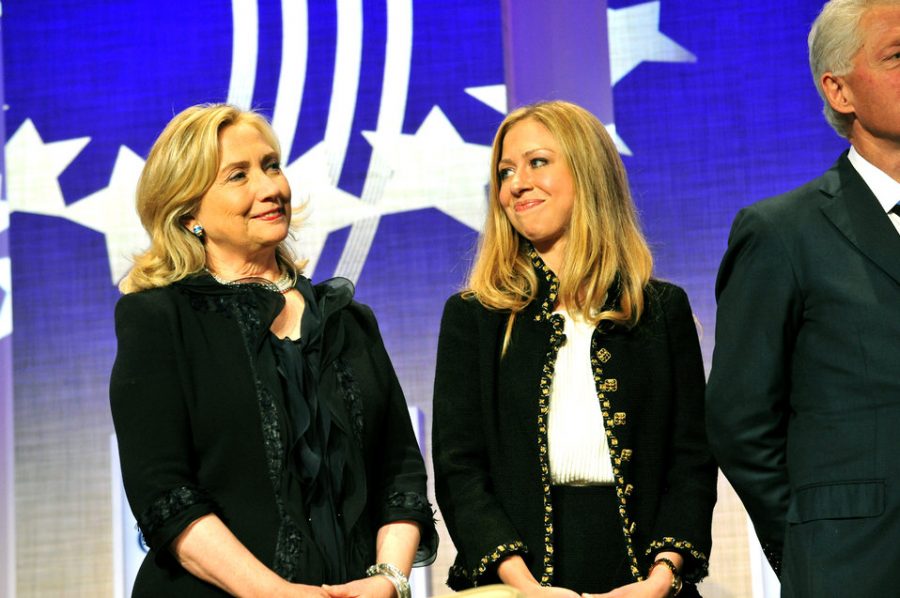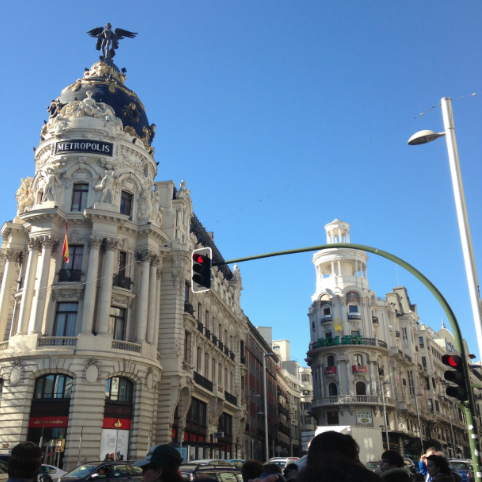
Along with thousands of others across the nation, the Tribune editorial board extends its condolences to the victims of yesterday’s tragic events at the Boston Marathon. These next few days will be somber for our country as we learn more about this attack and come to terms with the damage it has done to our fellow citizens. We will continue to grieve together as a Marquette community and as a nation, and, as it seems we have so many times this past year, attempt to make sense of the violence that has disturbed the most peaceful of places in our country – a movie theater, a salon, a temple, a school and now a marathon.
It is overly stated that our generation is the “Facebook” generation. We get much of our news from sites such as Facebook and Twitter, and we share opinions over these sites, too. Moreover, we are the generation who came of age in the wake of Sept. 11, 2001. As such, it seems appropriate to make some observations in the Ignatian spirit of self-reflection about how we are reacting to this national tragedy and what implications these reactions have moving forward.
We have found most of the reactions on social media sites and elsewhere to be tasteful, sympathetic and compassionate. Sending well-intended regards with careful consideration is the proper way to handle a crisis, especially considering how difficult it is to respond to something of this magnitude. However, we are concerned by a particular sentiment that seems to be growing in popularity and can be summed up bluntly as “this tragedy isn’t as bad as tragedies other people are facing right now, so think about that while you grieve.”
In many respects, this reaction contains truth. We as a country pay far less attention to the sufferings of those in other countries than in our own. This is especially problematic when we are responsible at least in part for the sufferings of others through foreign interventions or bombings gone wrong. As a nation, we are espoused to the ideal of equality for all, and it may sometimes feel uncomfortably hypocritical to seemingly value others’ lives so much less.
At the same time, however, tragedy is tragedy. Deaths are deaths. Innocent people were attacked, and dozens are in mourning. There is no need to belittle or chastise this grief, which is genuine and raw. There is no need to make statements that delegitimize the terror we all experienced as we saw the footage of the bombings and frantically tried to contact those we know and love who may have been at the scene. We share this country, and we therefore share this experience.
Today is the 50th anniversary of Martin Luther King, Jr.’s writing of his “Letter from a Birmingham jail.” In this letter, King wrote, “I am cognizant of the interrelatedness of all communities and states. … Injustice anywhere is a threat to justice everywhere. We are caught in an inescapable network of mutuality, tied in a single garment of destiny. Whatever affects one directly, affects all indirectly. … Anyone who lives inside the United States can never be considered an outsider anywhere within its bounds.”
In the aftermath of the Boston Marathon bombings, we find ourselves profoundly in this network of mutuality. It is in this network that we will grieve, and it is from this mutuality that we will find strength. With this strength, we can continue to strive for a more peaceful world, starting right here at Marquette, in Milwaukee, in the United States of America.






